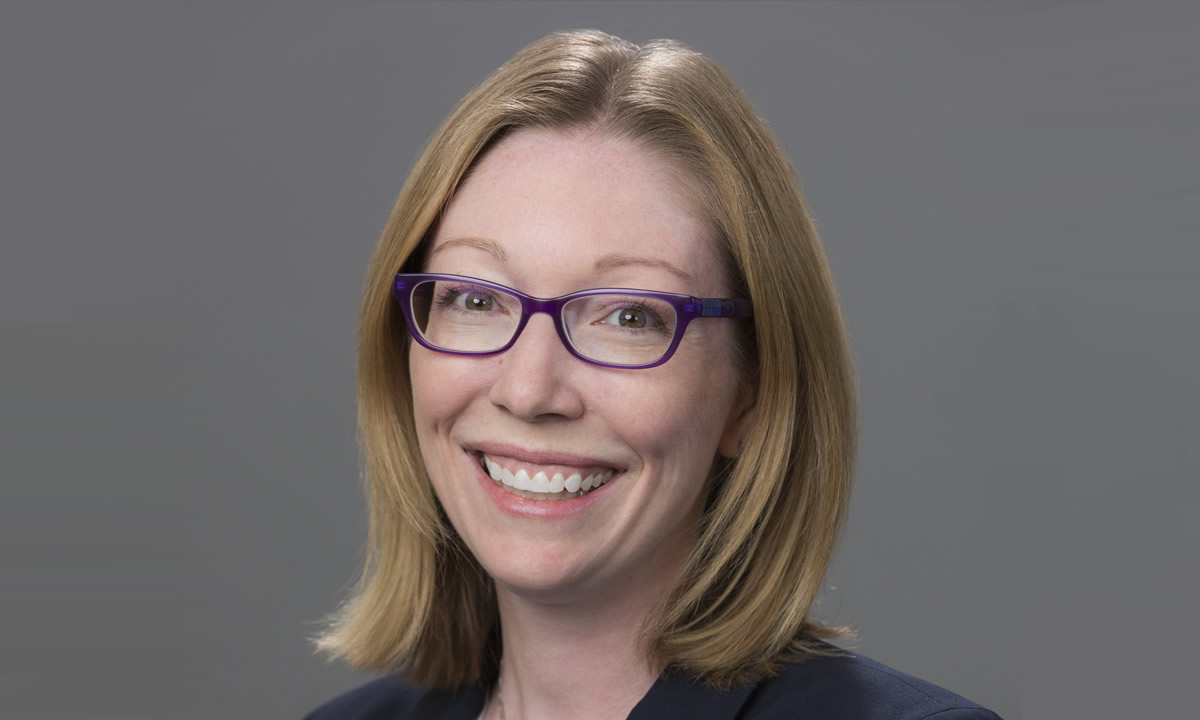We’ve all got goals—especially at the start of the year, when we’re often looking for a fresh chance to change our lives for the better. When it comes to achieving those goals, striking a balance between full-speed-ahead optimism and let’s-face-it realism can make all the difference between success or continuous struggle.
Commerce Professor Sarah Memmi has been exploring the topic for years. Her paper, “Perceiving Greater Variety Among Past Conflicts with a Focal Goal Reduces Expected Goal Conflict,” provides insights into how the way we interpret past conflicts with our goals shapes our expectations for future outcomes. The research was co-authored with Luis Abreu and Jordan Etkin (of the University of Kentucky and Duke University, respectively) and published in the Journal of Personality and Social Psychology.
Memmi explains that this work is part of her broader focus on the dynamics of goal pursuit and conflict, especially circumstances in which personal resources are stretched among multiple—and potentially conflicting—priorities. “We all have only have so much time, energy, and money for our goals across family, friends, health, career, personal interests,” she notes. “Everything we want or need to do is competing for that limited pool of resources.”
She notes that she comes by this interest honestly, as someone who has a range of professional and personal interests, including a lifelong passion for equestrian sports. “People think that horses eat hay,” she jokes, “but what they really eat is time and money.”
She was further motivated by the experience of pursuing her Ph.D. in consumer behavior at Duke while managing the challenges of new parenthood.
“Many of us have a lot of goals, and they’re often in conflict,” Memmi says. “When I was in graduate school and had my son, that life change brought a lot of that into sharper focus.”
Perceptions of Past Struggles Shape Expectations
Memmi’s research explores the concept of perceived variety among past goal conflicts. Her studies reveal that perceiving past conflicts as more different from each other reduces how much conflict people expect in the future. This concept that served as the inciting idea for her research and the six studies it prompted.
For example, someone with a healthy eating goal might use an app to track their progress. As they reflect on past instances of goal failure—like succumbing to office treats, vending machine snacks, and pizza at the end of a long day—they might think about that same set of events as more similar (all related to work) or more different (different foods at different meals).
“If we consider those past conflicts as more different or varied,” she explains, “we expect fewer problems in the future.” This perspective plays a crucial role because viewing past events as distinct from one another suggests unstable, non-recurring causes, which tends to foster future optimism.
Memmi acknowledges that expecting less conflict can be beneficial. “Feeling optimistic about success can boost motivation for goal pursuit,” she explains.
However, recognizing potential issues is equally important for goal management. “If you have repeatedly faced challenges, it’s reasonable to anticipate them again,” she continues. “This expectation is important because it allows for planning.”
In the case of someone with a healthy eating goal, anticipating goal conflict points to actionable strategies, “such as batch cooking in advance or avoiding known temptations,” Memmi advises, illustrating how realistic expectations can inform effective action.
In Memmi’s view, “optimism tempered by some realism” can lead to more consistent goal achievement. By anticipating possible goal conflicts, individuals can develop preemptive strategies to mitigate or avoid issues. If conflict is unavoidable, it might be necessary to revise your goal to be more realistic.
Future Directions and Broader Implications
Beyond personal goal pursuit, Memmi’s findings invite further exploration in marketing contexts, where perceived variety can influence consumer behavior. “Product reviews often mention issues consumers have had with a product,” she notes. “How might perceptions of past product failures influence consumer expectations when considering a purchase?”
As she continues to explore related themes in goal conflict and pursuit, the comprehensive nature of her work highlights the challenges and opportunities inherent in managing competing objectives.
Based on her own experiences, Memmi also recently wrote about the difficulties in meeting goals—such as New Year’s resolutions—for UVA’s Office of Engagement.
For those who frequently find themselves optimistic about overcoming future challenges despite previous setbacks, Memmi’s research offers a profound realization: Focusing too intently on the unique nature of past failures may obscure their common themes. By considering conflicts as part of a broader pattern, individuals are better positioned to navigate future goal pursuits with strategies to avoid pitfalls and position themselves for success.



